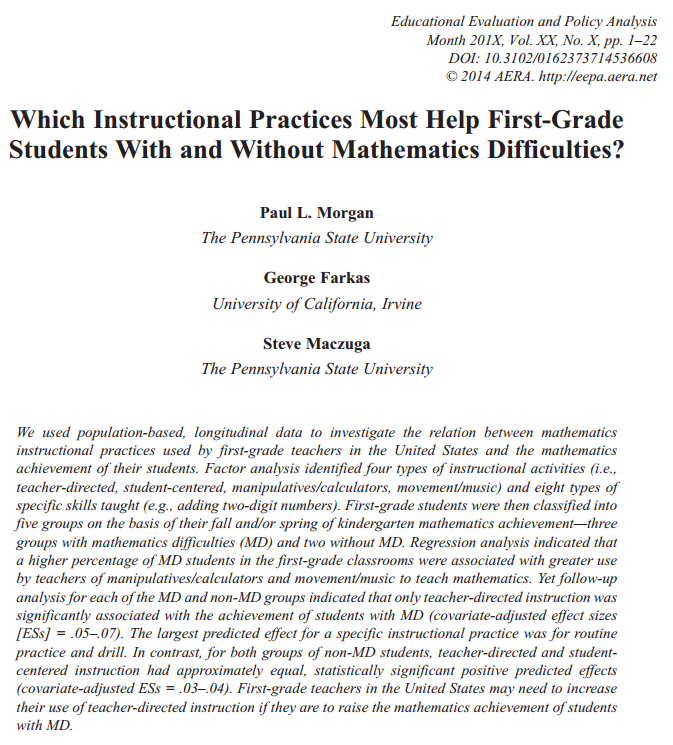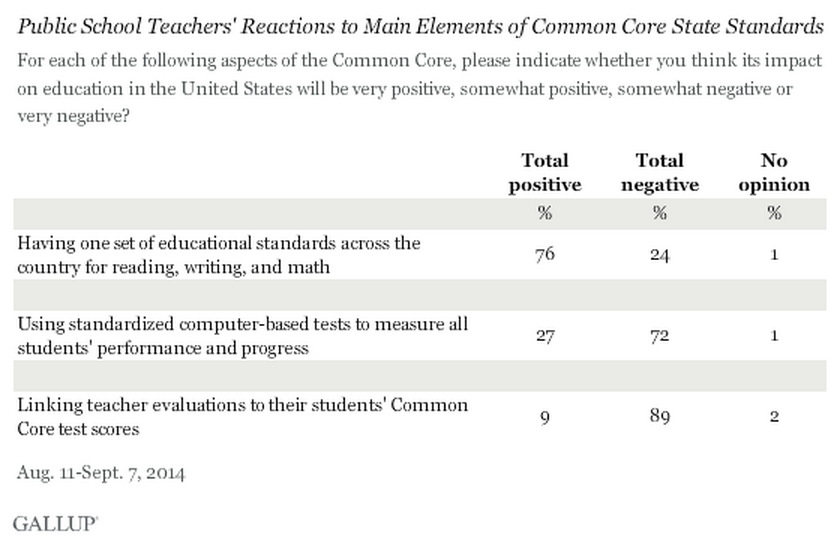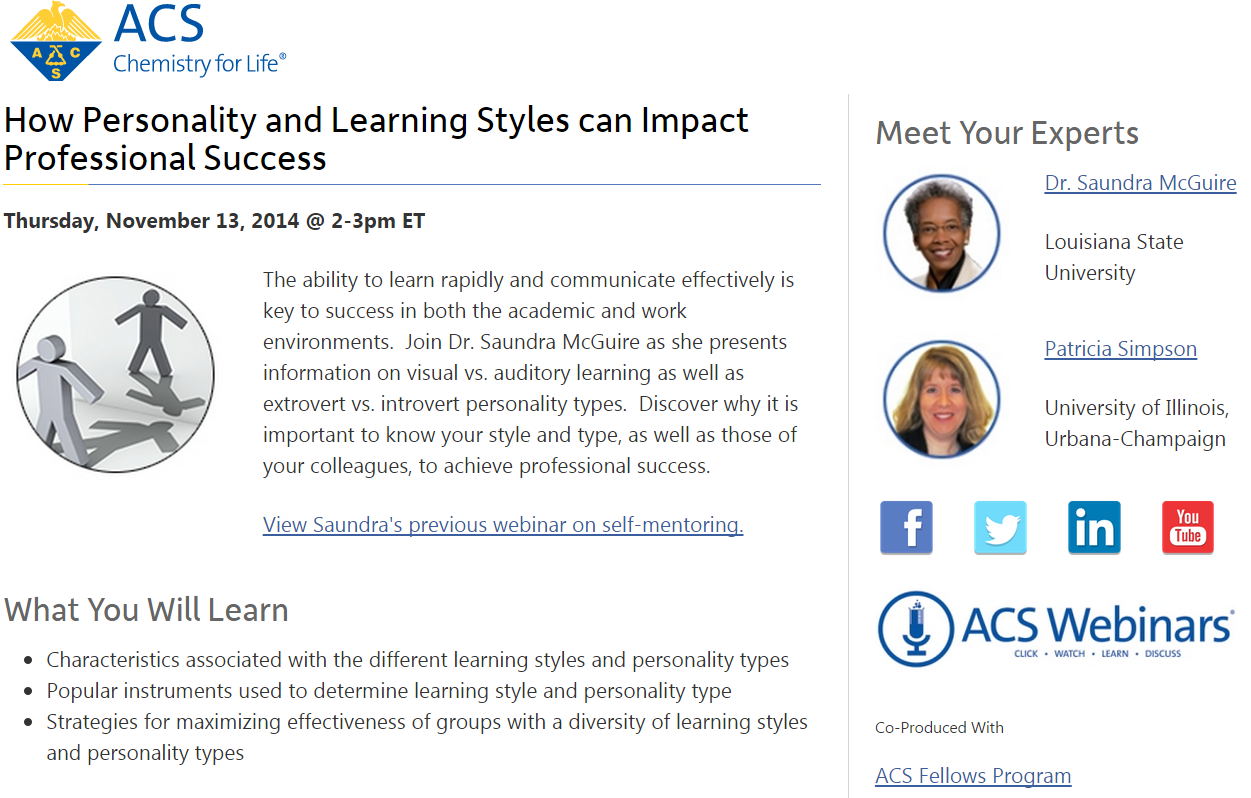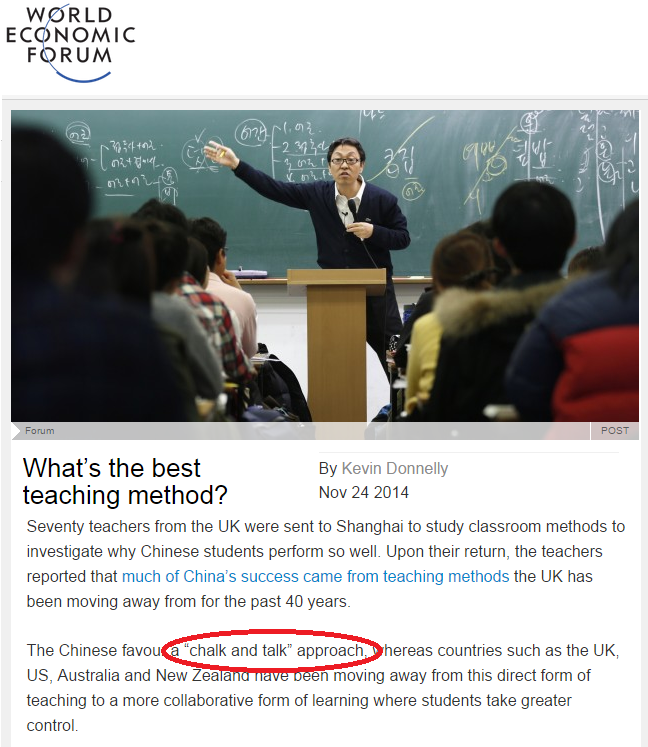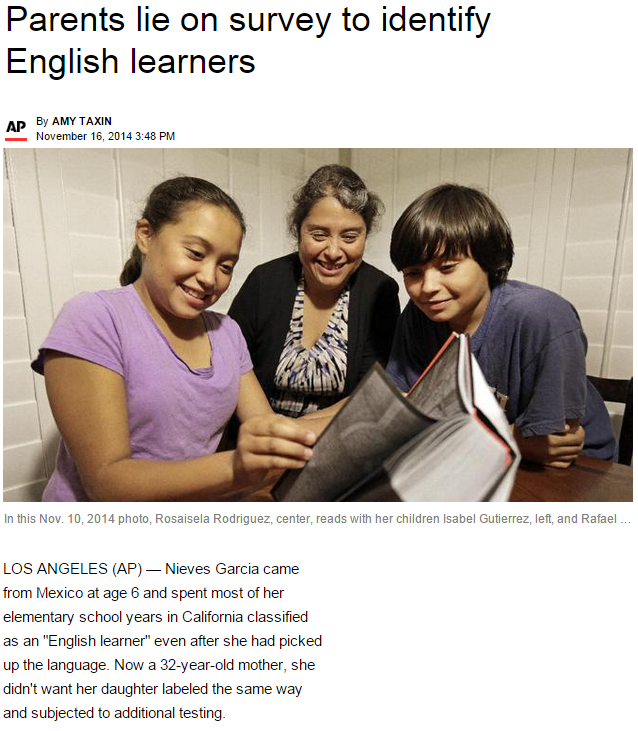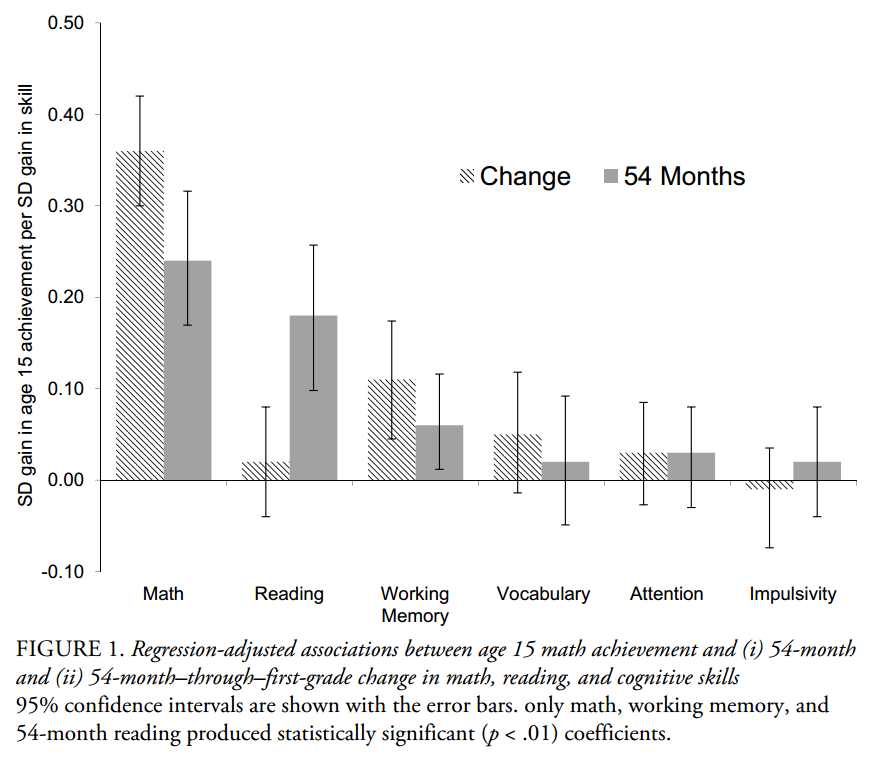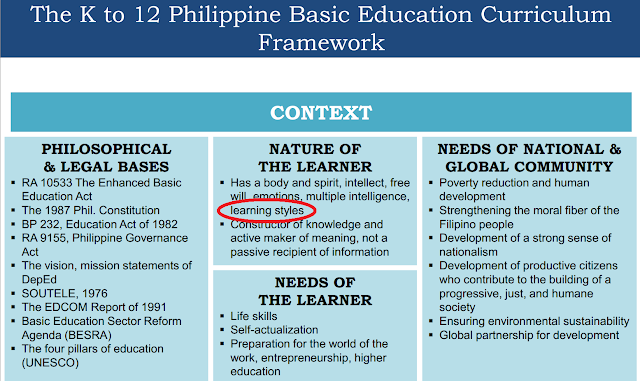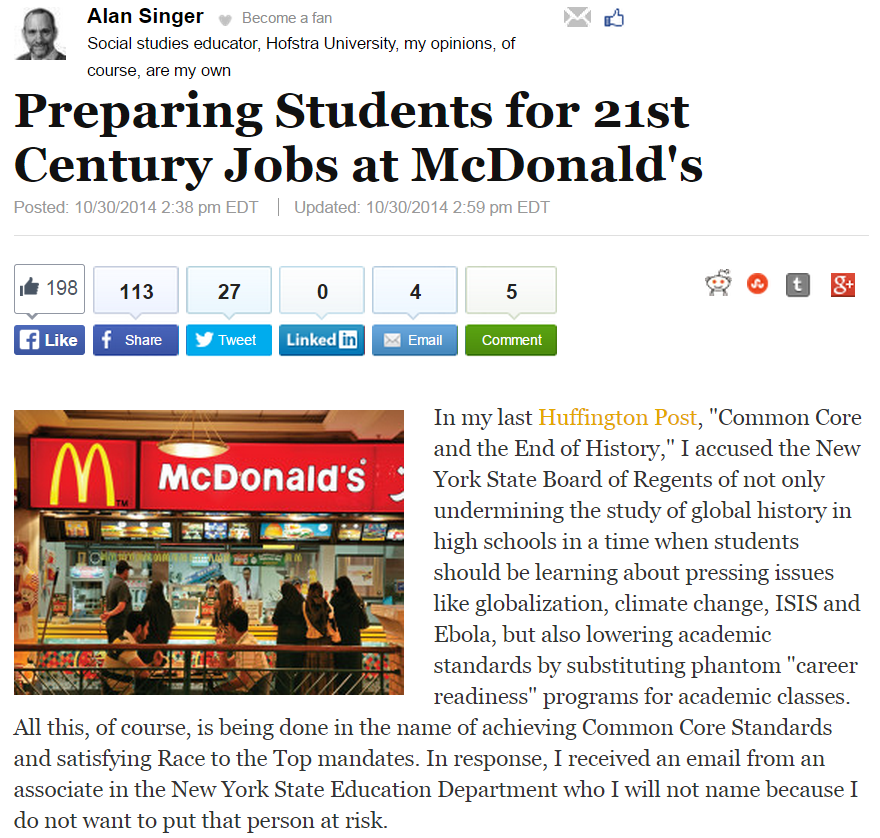When Should a Child Start Schooling?

There is evidence that shows benefits from quality preschool education. A good preschool program can decrease educational gaps between children from high- and low-income families. These gaps are often associated with the limited vocabulary and experiences children in poor homes have. There are, however, gaps observed in the early years of schooling that are not related to family income at all. Children also develop at different rates. There are obviously age differences since birth dates are distributed all throughout the year. Thus, in one kindergarten class where the school entry age is five years old, there are children who just turned five while there are children who would be six after only several weeks in school. A difference of about six months to a year in age can be substantial at a young age. Six months in five years is after all ten percent in terms of time. In terms of skills and knowledge already acquired, the differences can therefore easily be substantial. Datar and G...
